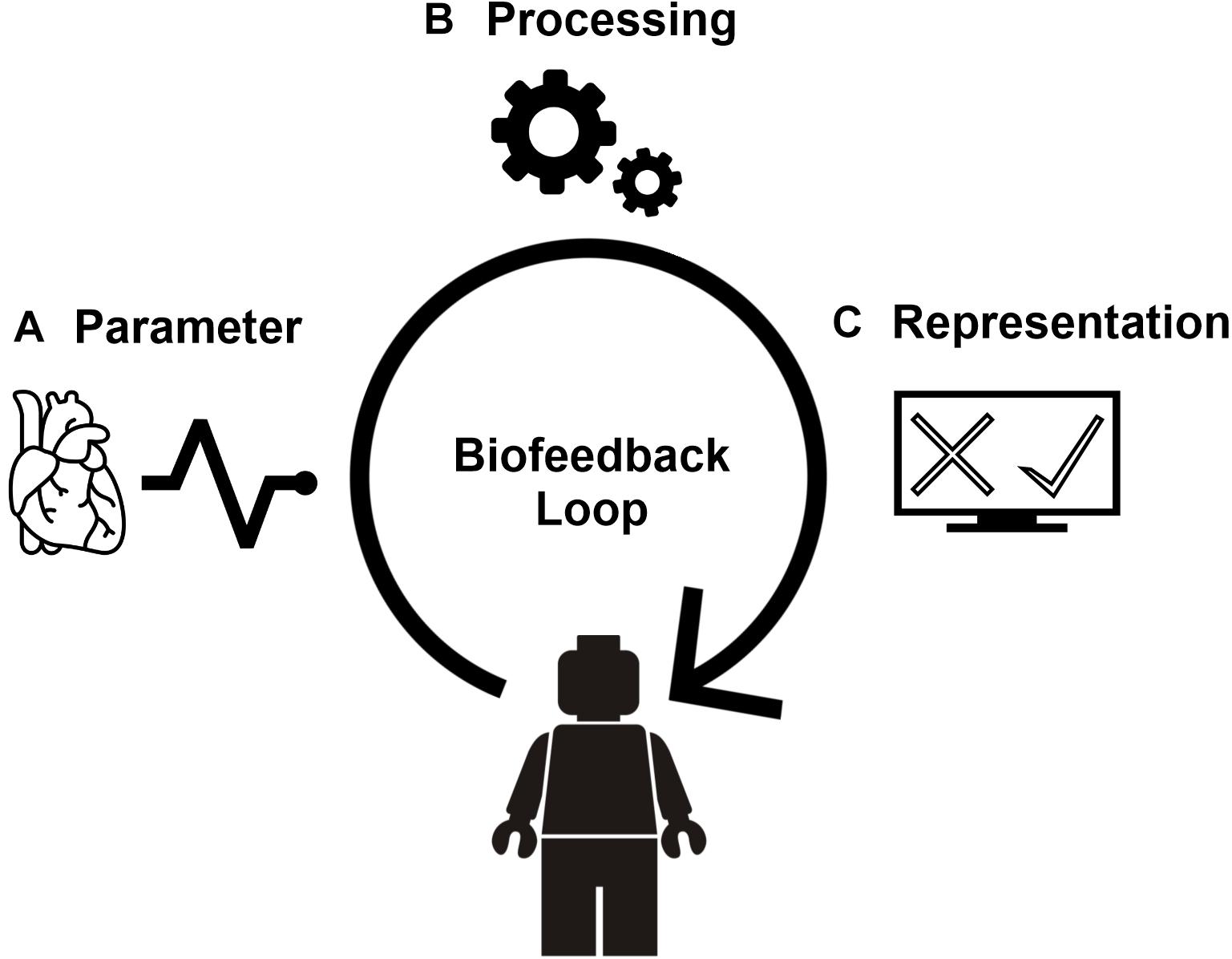Unlocking the Secrets of the Brain Through qEEG Cerebral Mapping Techniques in Psychological Health Assessment
Understanding the individual brain is a challenging endeavor, particularly when it comes to mental health. Conventional methods of assessment often depend on conversations and questionnaires, which can occasionally miss important details about how the mind functions. This is where qEEG electroencephalography, or qEEG, comes into play. qEEG is a specific method that measures neural activity in the brain. By analyzing these neural patterns, psychological health experts can gain important insights into a individual's psychological state, helping to enhance diagnosis and intervention.qEEG functions by placing small sensors on the head to record brain signals. These sensors detect electrical impulses produced by nerve cells, the cells in the brain that interact with each other. The information gathered is then processed and displayed as a set of patterns. Each kind of brainwave—such as alpha, β, δ, and theta—relates to various mental states and functions. For instance, α waves are often linked with calmness, while beta oscillations are linked to active thinking and problem-solving. By analyzing these trends, clinicians can detect abnormalities that may indicate psychological health issues.

One of the significant benefits of qEEG is its capability to provide objective information. In contrast to traditional evaluations that depend on personal reports from clients, qEEG offers a clear picture of neural activity. This clarity can help reduce biases in diagnosis and result to more precise intervention plans. For example, if a client is experiencing anxiety, qEEG can reveal particular trends of neural function that are associated with anxiety disorders. This information enables psychological health experts to customize interventions more effectively, whether through therapy, pharmaceuticals, or alternative treatments.
Moreover, qEEG can be particularly beneficial in tracking intervention advancement. By performing qEEG assessments at different stages during treatment, healthcare providers can track changes in brain activity over time. This ongoing evaluation assists ascertain if a intervention is working or if modifications are required. For example, if a patient is not responding to a particular medication, qEEG may show that their brain activity has not changed in a go manner that suggests progress. This response loop can lead to more customized and efficient psychological health treatment.
In summary, qEEG cerebral mapping is a potent instrument in the domain of psychological health evaluation. By offering unbiased information about brain activity, it improves the comprehension of various mental health conditions. This technique not only aids in accurate assessment but also helps in tracking intervention success. As psychological health experts persist to investigate the capabilities of qEEG, it possesses potential for enhancing the well-being of people facing psychological health issues. With continuous research and progress in technology, the secrets of the brain may turn clearer, leading to better outcomes for those in need of support.